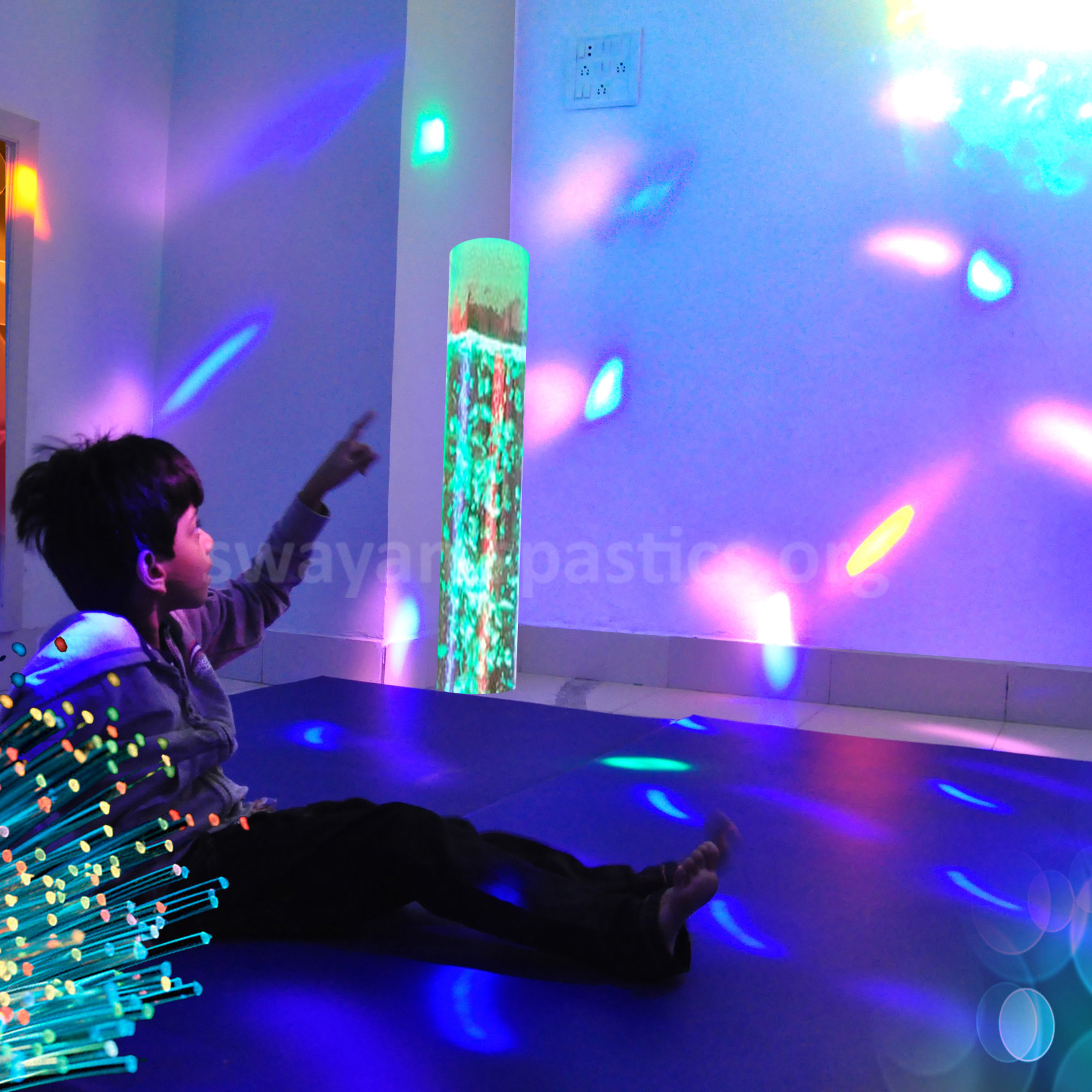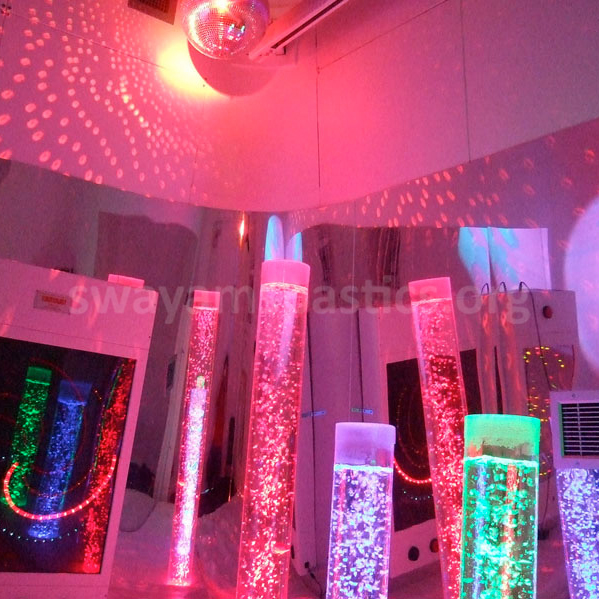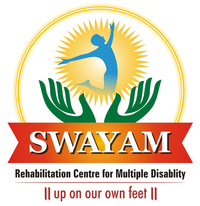


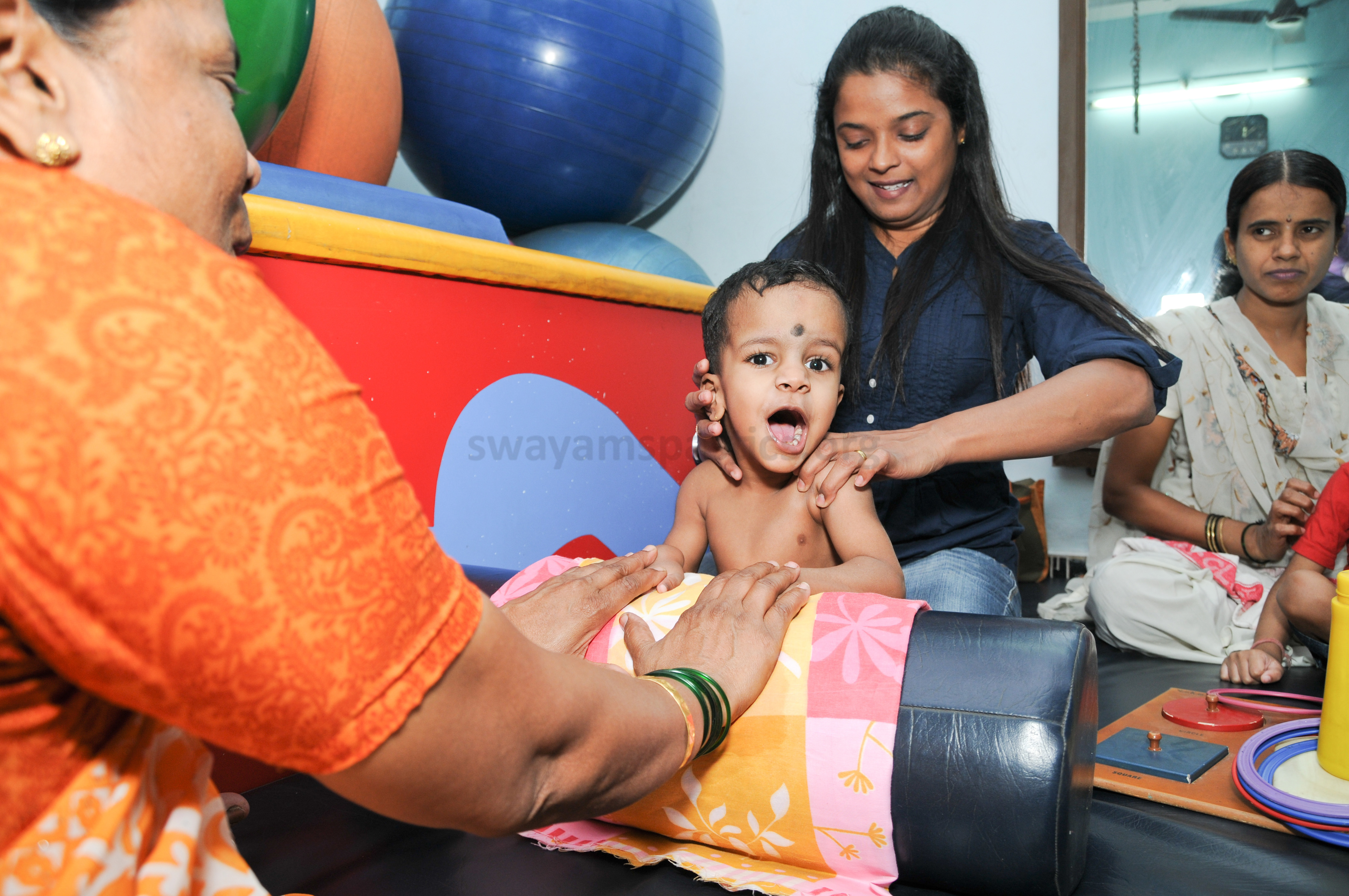


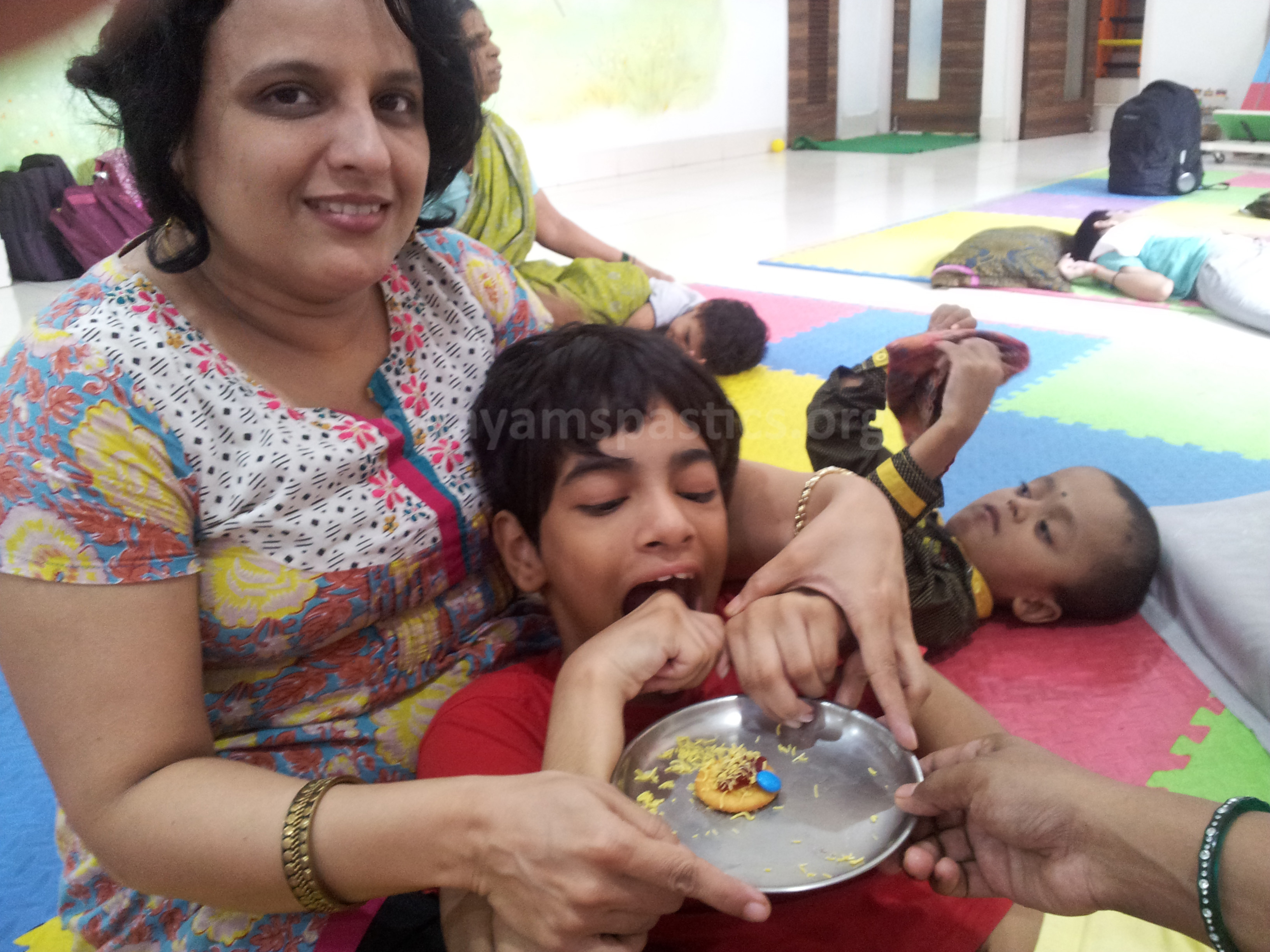









Special education focuses on helping kids with disabilities learn. But it doesn’t mean placing kids in a special classroom all day long. In fact, federal law says that kids who get special education services should learn in the same classrooms as other kids as much as possible. This is known as the least restrictive environment (or LRE).



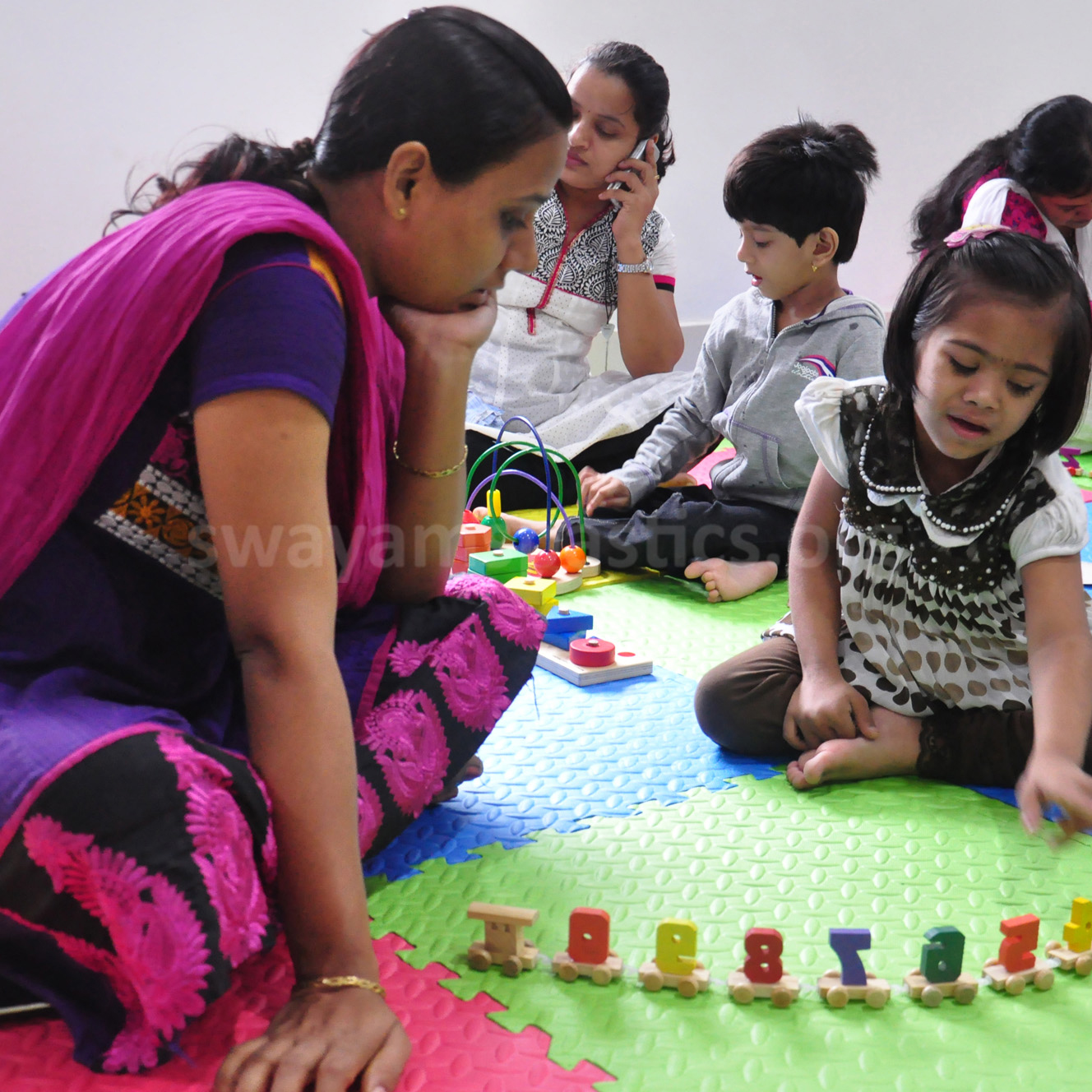
Remedial Education, also known as developmental or compensatory education, is a type of education that is designed in a way that helps children achieve their expected level of competency in core academic skills like literacy and numeracy. Quite literally, to ‘remedy’ means to heal or to fix. Similarly, remedial education helps the disadvantaged.or children with special needs achieve the level of competency that is expected of them at their age. In layman’s terms, Remedial Education is a way to bridge the gap between such children and their peers.


Remedial Education helps academically weak students bridge the gap between themselves and their peers through solidifying their core academic skills like literacy and numeracy.

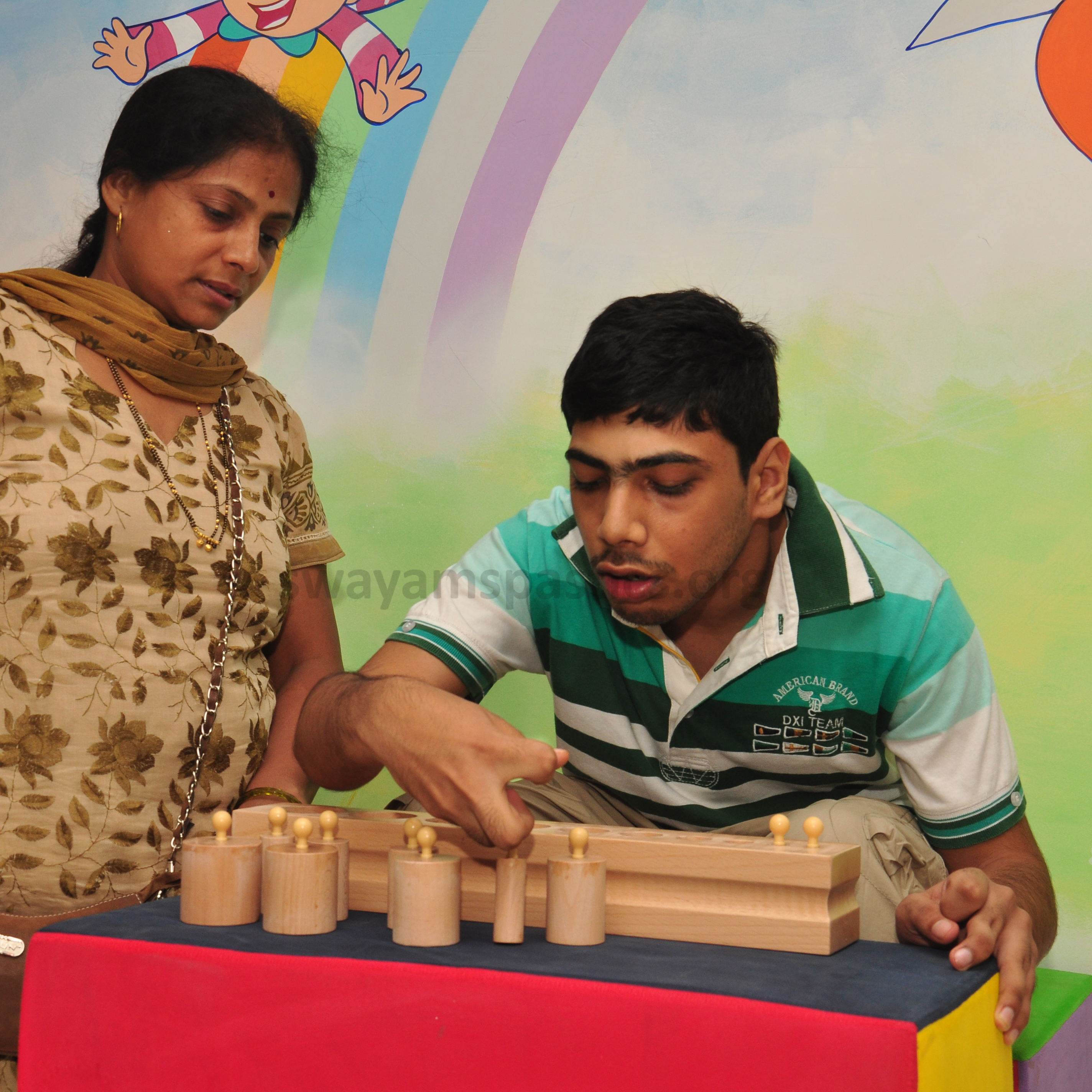

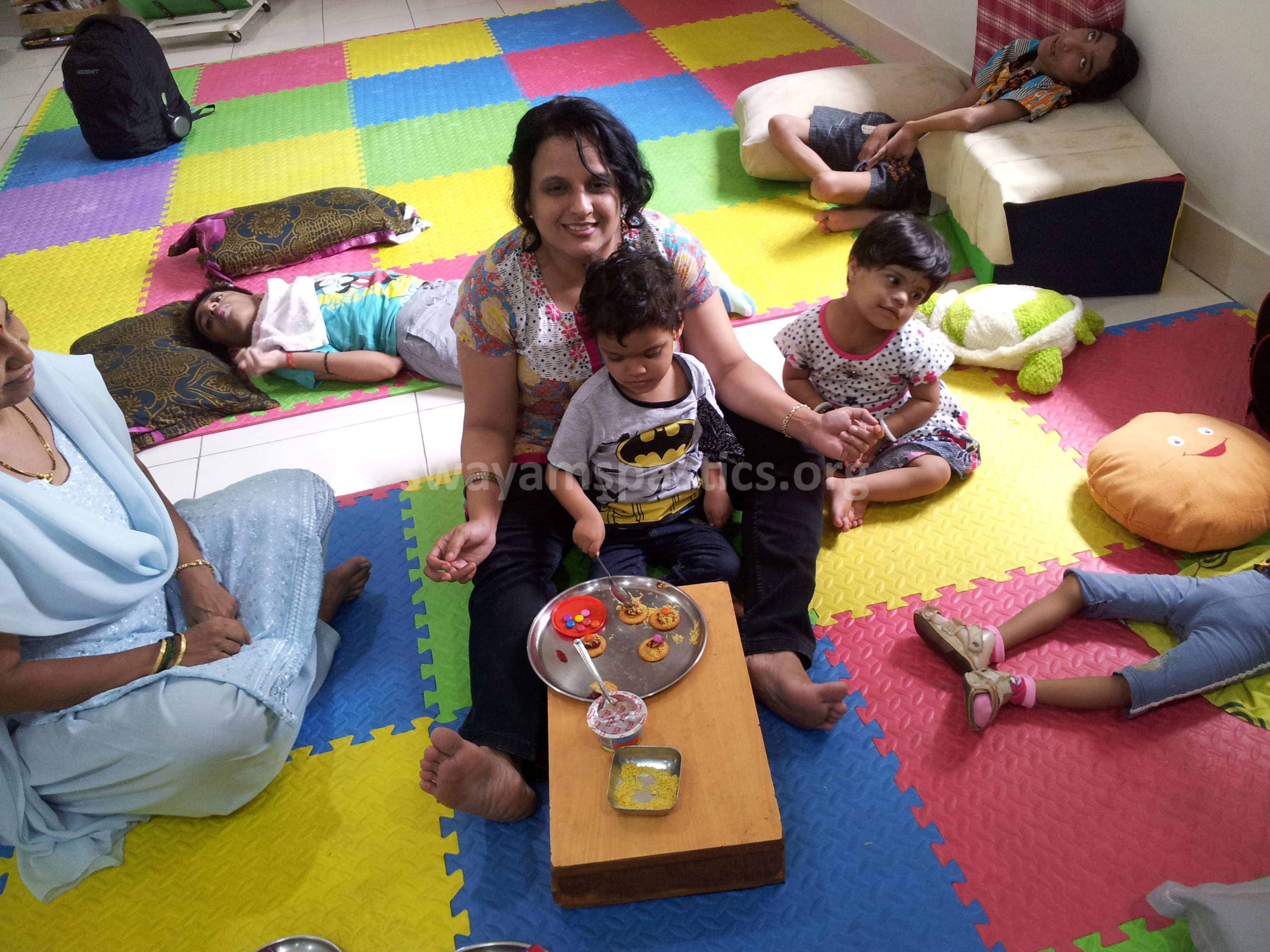

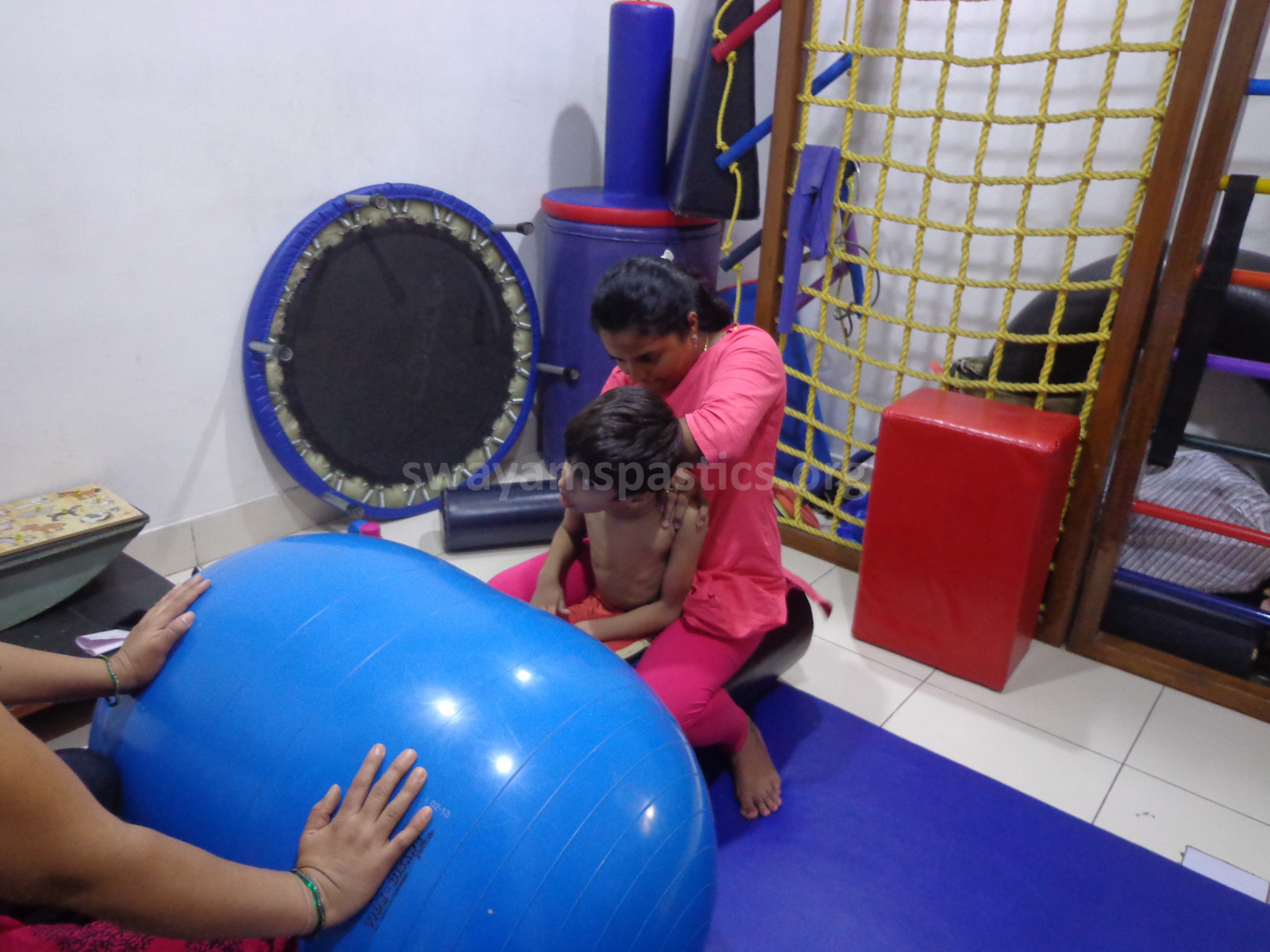
This is a centre-based programme which aims to facilitate development and improvement in six areas:
A) Gross motor and fine motor skills
B)Cognitive skills
C)Speech, language and communication skills
D)Social skills
E)Self-help skills


The early intervention approach
A team of trans-disciplinary professionals (teacher, occupational therapist, physiotherapist, psychologist, speech & language therapist and social worker) provides intervention as well as family support according to the needs of each child and his family. Teaching is conducted by trained early intervention teachers in class in small group.


Caregiver involvement
We believe that parental involvement is critical to a child's development in the early years. Hence, we encourage parents to participate actively in the intervention process as well as activities that we conduct including caregivers training programmes, parent support groups and social recreational activities.
Snoezelen Therapy
Snoezelen or controlled multisensory environment (MSE) is a therapy for people with autism and other developmental disabilities, dementia or brain injury. It consists of placing the person in a soothing and stimulating environment, called the "Snoezelen room". These rooms are specially designed to deliver stimuli to various senses, using lighting effects, colour, sounds, music, scents, etc. The combination of different materials on a wall may be explored using tactile senses, and the floor may be adjusted to stimulate the sense of balance. The person is usually accompanied by an aide or therapist.


